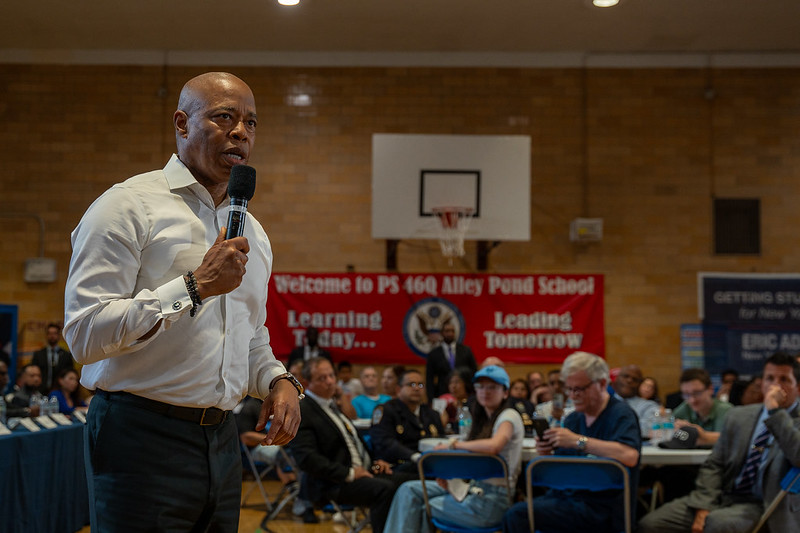By Andrei Codrescu
Werther was a man poised between two eras, two centuries, two millennia, dressed in khaki shorts from the Banana Republic, a Rebuild New Orleans tee-shirt and orange flip-flops. The Decadence Parade went by, drunk, tired, sweaty, and old, and two brass rings seemed to swing continuously past him: one made of the inflexible dogmatic joy of baby boomers sliding into their graves like chortling Santas, the other a dark-hued object dense with the tears of civil war victims and the braided plaints of organisms suffocating from lack of oxygen. Werther couldn’t grab either one: not the first, which appealed to his easy-going nature, nor the second, which would have involved him in instant manual labor. A gaggle of tall, skinny men in gold plastic shorts passed between the brass rings and obscured, momentarily, Werther’s vision of the past and the future. He was unsure whether he should laugh or quietly leave the scene and jump into the Mississippi River.
A recent discussion replayed in his mind. Someone had asked of an assembled group: does anyone like any German writer? The members of the group, who were well-read, couldn’t come up with many and, at the end, after an hour-long pitching of names, only two Germans remained standing: Bertold Brecht and Hans Magnus Enzensberger. Why? Because, Werther decided, Goethe and the philosophers, Thomas Mann and Gunther Grass, cared about the world as if it was theirs, and used its grave substance to fashion brass rings from it. The group was groping for a way out of the increasing heaviness of the world and decided that they preferred French writers who found absurdity and humor a better model for the future. The French were more fun.
Fun was productive. The old men in the parade had worked hard at their costumes of feathers and grass skirts. Sequins cost money. Parades need monitors, music, booze, painkillers, spectators, street food, tourists, cameras, cell phones. The production of hope was socially beneficial, even if it seemed to the untrained eye to be simply a gallows-joke about the passing of the flesh. Sorrow, on the other hand, was a paralyzed beggar who stood in the middle of the intersection with his hand out, waiting for motorists to drop coins into it. In this case, misery stood in front of the parade with his hand out and the revelers ran him over. They rolled right over him.
Werther felt the stirring of optimism.
P.S.: On August 31st, 2006, at the Gold Mine Saloon, a big roach-like creature wrapped in trash escaped from a recess of the bar and stepped into the light, horrifying the poets gathered there to celebrate YAWP, a magazine of apocalyptic art. The roach-crit, whose name was Richard Huelsenbeck, turned out to have grown and developed in the unconscious of New Orleans after Katrina. Interviewed, Richard claimed that he was the first of over one million similar creepo-pods ready to invade the city.
P.S. 2: We were visited by Dr. Andy Bichlbaum, the founder of the Identity Correction Movement who brought his unique brand of righteousness to a summit meeting on Reconstruction. New Orleans and Louisiana officials, unaware that they were being passed through the meat-grinder of art, allowed themselves the solace of innocence for a minute. The next minute, Dr. Andy dipped them into the acid bath of their own hypocritical brains. We laughed about it over shots of Lithuanian fire-water.
www.downtownexpress.com
www.codrescu.com






























